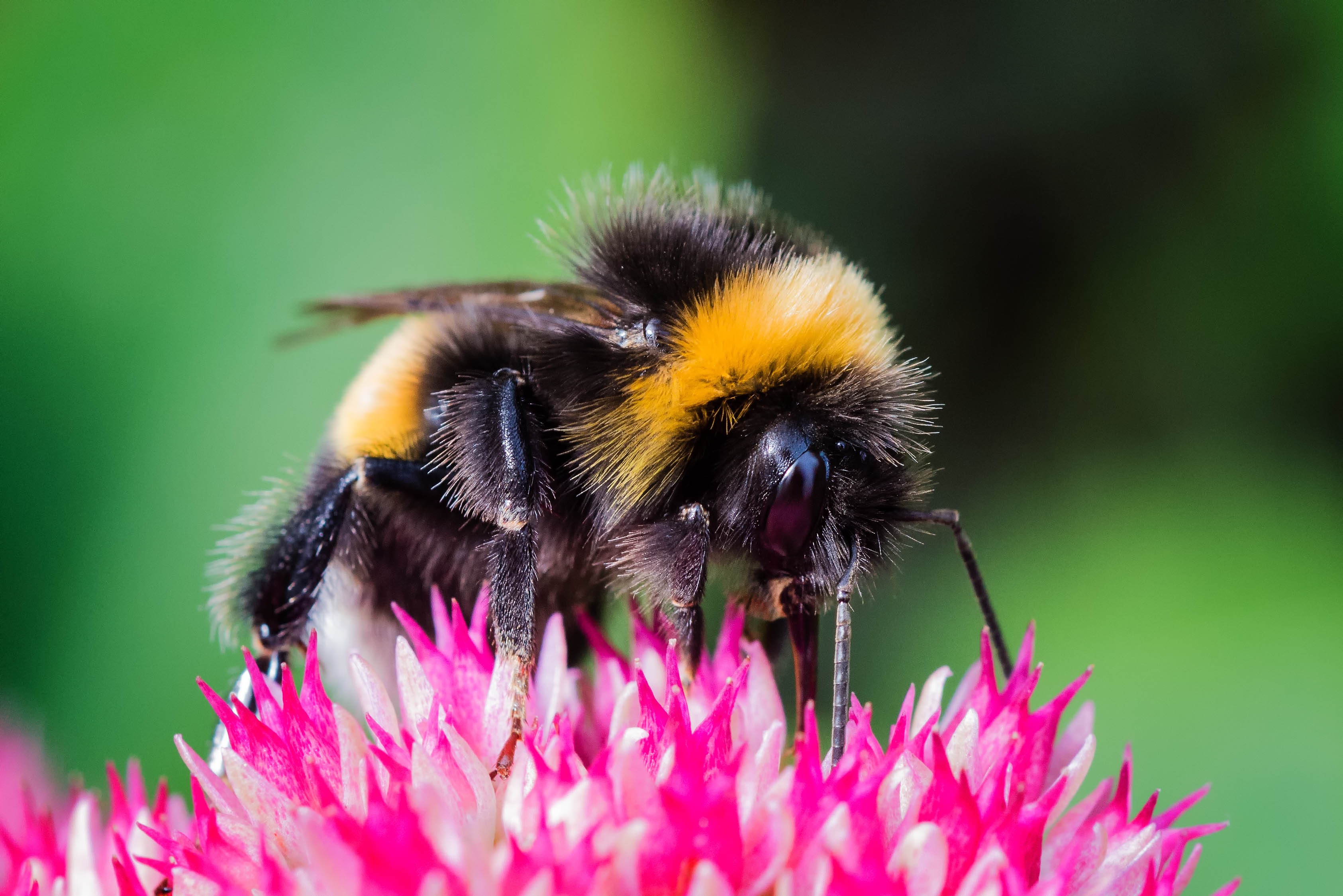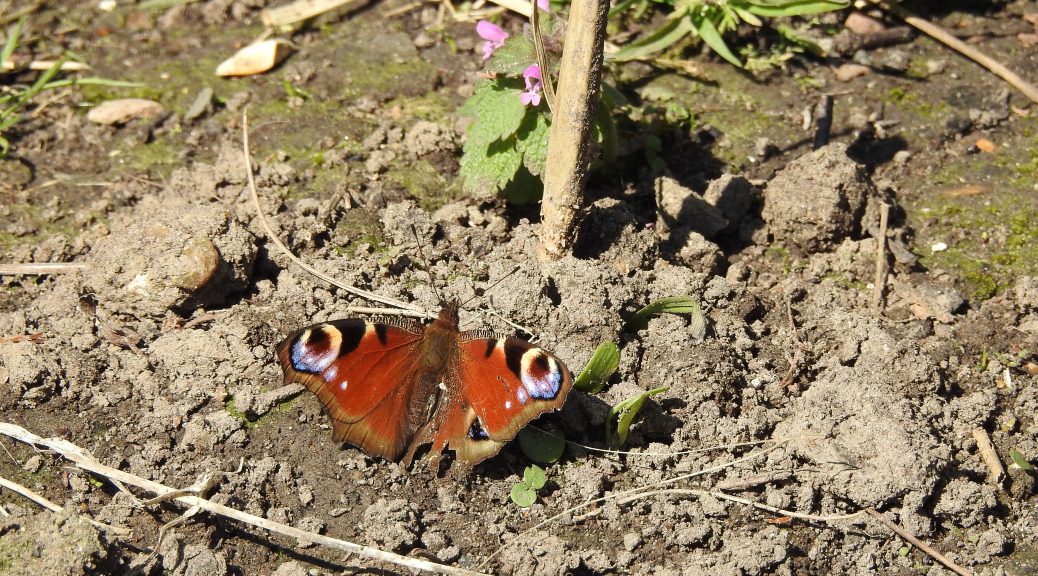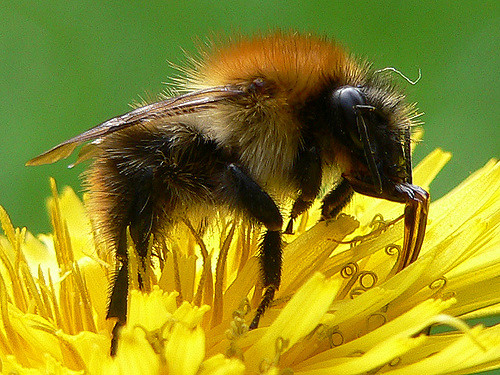The Independent reports neonicotinoids, linked to collapse in insect pollinator populations, knock bees’ and flies’ behavioural rhythms out of sync. Almost all living creatures require sleep in some form to function properly, and insects are no exception. But new research warns exposure to a common insecticide, banned in the EU but set for reintroduction to the UK, impacts the sleep of bumblebees and fruit flies, and “may help us understand why insect pollinators are vanishing from the wild”.
Tag Archives: pesticides
Brussels failing to protect bees, says watchdog
 The GUARDIAN reports EU loopholes allow use of banned pesticides known to be major killers of key species. Bees and other wild pollinators are not being protected from decline by the EU, with loopholes even allowing for the use of banned pesticides known to be major killers of key species. A report from the European court of auditors has found that Brussels’ efforts to prevent the decline of bees, wasps, hoverflies, butterflies, moths, and beetles have been largely ineffective.
The GUARDIAN reports EU loopholes allow use of banned pesticides known to be major killers of key species. Bees and other wild pollinators are not being protected from decline by the EU, with loopholes even allowing for the use of banned pesticides known to be major killers of key species. A report from the European court of auditors has found that Brussels’ efforts to prevent the decline of bees, wasps, hoverflies, butterflies, moths, and beetles have been largely ineffective.
Photo by Jice75 under creative commons.
‘An alarm bell we must not ignore’: Major report calls for huge pesticide reductions to halt collapse in vital insect populations
The Independent reports almost 17,000 tonnes of pesticides are sprayed on UK countryside each year, warns The Wildlife Trusts. Insects are rapidly being annihilated, risking ecosystem collapse with dire repercussions for humanity, according to a report urging major new targets to preserve these vital creatures and the environments which support them.
The Wildlife Trusts’ Reversing the Decline of Insects report lays bare the huge toll human activity is having on insects and their habitats, and calls for action “at every level of society, from local to global”, to address the issue.
Common UK plant now close to extinction after ‘farmers thought it was a weed’ and sprayed it with pesticides
The Telegraph report a rare and beautiful wildflower is being reintroduced to the countryside by Kew Gardens and the plant charity Plantlife after it was mistaken for a weed and killed off by farmers and gardeners.
The red hemp-nettle was once common in southern England and South Wales but the use of herbicides, fertilisers and the spread of highly productive crop varieties have led to it almost vanishing from fields.
EU bans UK’s most-used pesticide over health and environment fears
The Guardian reports one of the world’s most common pesticides will soon be banned by the European Union after safety officials reported human health and environmental concerns.
Chlorothalonil, a fungicide that prevents mildew and mould on crops, is the most used pesticide in the UK, applied to millions of hectares of fields, and is the most popular fungicide in the US. Farmers called the ban “overly precautionary”.
British butterflies suffered seventh worst year on record
2017 was the seventh worst year for butterflies in Britain since records began more than 40 years ago. Grayling and grizzled skippers had their worst year on record.
Habitat loss has caused the long-term falls in butterfly populations. However, scientists say the recent dramatic declines are due to climate change, pesticides such as neonicotinoids and nitrogen pollution.
Grizzled skipper numbers have more than halved since the 1970s while the grayling’s population has shrunk by 63% in the last decade. The large white – once so common it was a pest – fell by 19% in 2017.
Read The Guardian’s story for more information.


